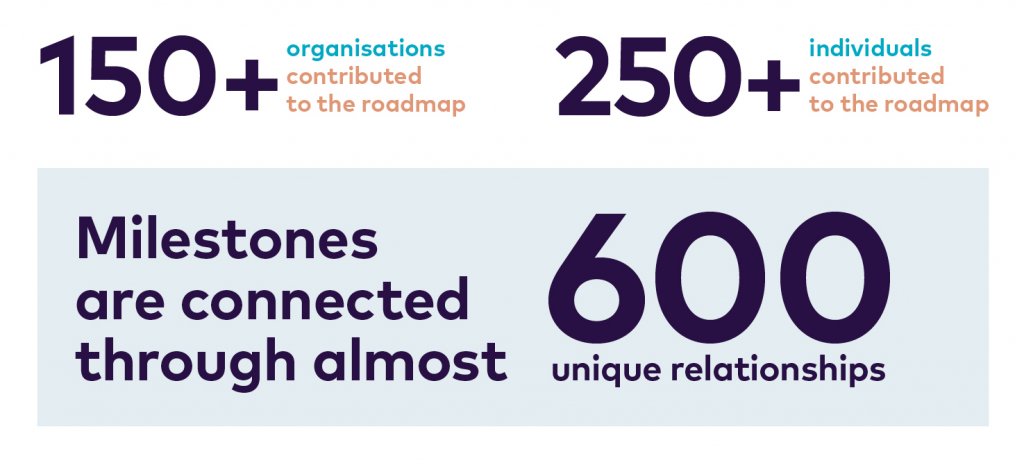This blog was written by Ian Faddy-Widmann, Principal Consultant at Amey Consulting, who are part of the consortium delivering the Midlands Future Mobility (MFM) testbed. MFM is part of CAM Testbed UK.
Why do we need the roadmap to realise the future of CAM?
Developing connected and automated mobility (CAM) solutions to improve the way we live, work and travel is complicated. It is a subject area that spans across a huge number of disciplines – not only in science and engineering, but also human factors, legal, manufacturing, public and private sector organisations, central and local government bodies. Without coordination amongst these groups, any number of disparate visions for the future of CAM is likely to appear. Collaboration, cohesion and interoperability are all important ingredients to improve society.
Contributing to the UK Connected and Automated Mobility Roadmap to 2030 greatly supports this coordination, allowing organisations like Amey Consulting to set out what we believe the future of CAM will look like and, more importantly, which areas we are currently, and will be, contributing to. Knowing that the inputs to this roadmap were pulled together with a cross-industry consensus reinforces a certain legitimacy.

How we are using the roadmap
The output data allows us to see who else shares our interests. It gives us an opportunity to identify partners for collaboration and demonstrates an overall picture of CAM maturity across the roadmap. As part of the consortium delivering MFM, knowing the maturity of CAM across the UK keeps us on the right track to ensure we are providing a testbed with features that developers need at a given time.
One of the key components of any CAM solution is access to the right data. As the MFM consortium member responsible for delivering the data-hub to support the testbed, we need to ensure that the data we receive, process, and make available to users is accurate, useful and relevant. The roadmap shows us national progress against related items below, which means we can benchmark accordingly:
- “Agree communications approach at a national level”
- “Use case and data definition defined”
- “Integration of virtual test capability with national digital twins”
How our projects have benefited from the roadmap
Looking ahead to the future, we’re able to feed our own progress into the roadmap. Our CAM projects include our various GLOSA areas, Port of Tyne C-ITS solution and our Oxford County Council Smart Technology works. We can then see how the rest of industry is doing on projects that cover comparable areas and potentially share knowledge or future collaborations. It also highlights our own experience to wider industry and provides justification for continued internal investment in our Intelligent Mobility and CAM teams.
Stepping outside of the CAM industry for a moment, it’s clear that external factors are frequently changing public attitudes to travel. Not so long ago there seemed to be a desire for individual vehicles, hailed on-demand, to move small groups of users from A to B. The climate emergency has perhaps shifted that viewpoint more towards a push for mass-transit solutions, whilst the aftermath from COVID-19 may change public opinion yet again if people now need to travel less for work. We might also find that the people who do need to travel for work are those with less disposable income, to whom the idea of a more expensive CAM option is simply not economical. CAM development needs to be flexible enough to adapt to these changing opinions and market factors, whilst keeping a focus on the long-term expectations of the travelling public to ensure CAM is suitable, environmentally sustainable, and accessible for all.
Version 2.0 of the roadmap
The UK Connected and Automated Mobility Roadmap to 2030 is an excellent tool that provides ongoing support and will steer the industry through such changes. It’s great for Amey Consulting to be a part of it and we’re looking forward to using the v2.0 update to support our projects.
Want to get involved? Find out how you can become a CAM Creator and be part of the UK’s ‘big picture’ with the UK Connected and Automated Mobility Roadmap to 2030 here.


